Early on, during my first initial days within the gay culture of San Francisco, I was bemused by the near reverential treatment paid to the film “The Wizard of Oz.” Yet, thinking back to my own oftentimes lonely and confusing childhood, I did remember the movie as a welcoming respite from the anxiety of growing up as a hurt boy addicted to porn and consequently thoroughly mess-up in terms of his own sexuality. For, the image of a place “Over the Rainbow,” where troubles did not exist and “And the dreams that you dare to dream really do come true…” was the perfect and unimaginably beautiful ideal.
Every year, usually around Christmastime, The Castro Theater would have a special screening of Oz. It was a high holy day for gay men in San Francisco. Many attendees arrived in costume; as their favorite characters: the most plentiful being Glinda drag queens. The atmosphere around the theater was one of a religious procession; it all seemed like harmless fun; but, as with all public spectacles in gay culture – beyond the revelry was always a pervasively tragic overtone. At the time, for myself, it was the second wave of gay deaths from AIDS: with the music from the movie serving as some horrific funeral dirge.
Now, so many years later, I perceive the film and the gay obsession with it somewhat differently. Most remarkably, is the homosexual male identification with Dorothy herself; perfectly embodied by the equally happy and sad Judy Garland – whose untimely death in 1969 inadvertently sparked the Stonewall Riots. Along with other glamorous, but ultimately self-destructive screen legends, like Jean Harlow, Joan Crawford, and Marilyn Monroe, gay men saw in Garland the mirror for their own manic-depressive realities: feigning a perfect exuberance to the adoring masses while going home alone and nursing the festering wounds. And, reminiscent of Dorothy, they are on a constant quest: for happiness; that always seems to be just beyond the rainbow; beyond the yellow-brick road; and just out of their grasp.
Subconsciously, I think most “gay” men realize that homosexuality is essentially a dead end. In the film, this is symbolized by the false Wizard who is all fire and flash. Reminds me of the strobing lights, impressive sounds, and pyrotechnics at the San Francisco “gay” dance clubs, or on a larger scale, at a Madonna concert. But when you strip those diversions away – nothing remains. There was an incredible scene (see above) in the largely panned 1997 film “54.” Although that movie ultimately failed at conveying the gratuitous perversity inside the legendary 1970s New York City discotheque, it got one thing right: towards the end of the picture, an old woman, a character based on the real life individual “Disco Sally,” one of owner Steve Rubell’s eclectic cast of characters, collapses to the floor after taking too many snorts of cocaine. Immediately the music stops and the lights go on while the other oblivious revelers squint and squirm as if being awoken from a sweet dream. The fantasy is gone. But in real life it’s difficult to pull ourselves away from an illusion and it’s sometimes impossible to admit that we have been living in wonderland.
Furthermore, the three characters of the Scarecrow, the Tin-man, and the Cowardly Lion, are also metaphors for the gay male fantasy: of finding their perfected selves; constantly dogged by a feeling of inadequacy and missingness, that is forever and uncontrollably throwing before your eyes a sensation that you are lacking; though coincidently, as the characters finally find out – was not wanting at all, but was with them. Yet, these longings are flawlessly realized and fulfilled in the film; while gay men never really reach that sheltered existence of safety back at home. Because, “The Wizard of Oz” is essentially the daydream of gay fulfillment: that someone, or something, out there will offer the cure for all that ails. For Dorothy, the journey ended in her room as she joyously chanted “There’s no place like home.” In gay culture, the trek never ends and a true home is elusive. What most often remains unknown – is that God has been always with them; nevertheless, they continue to go down one road after another – ceaselessly looking for the Wizard.

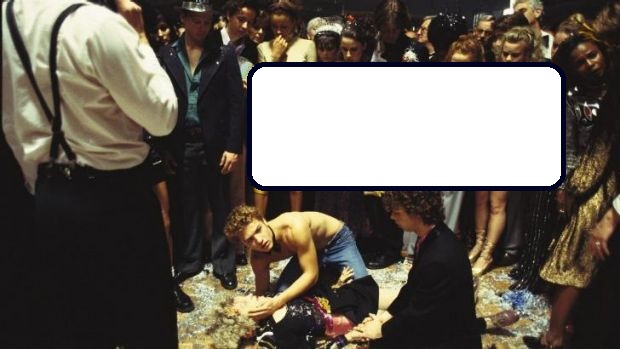
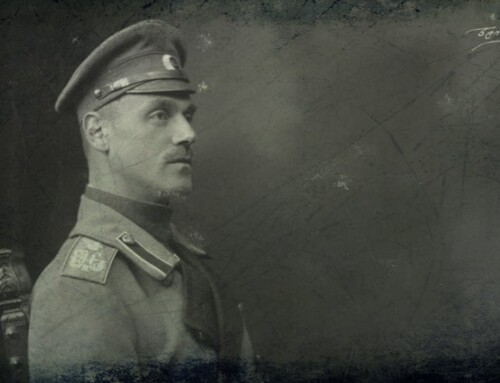
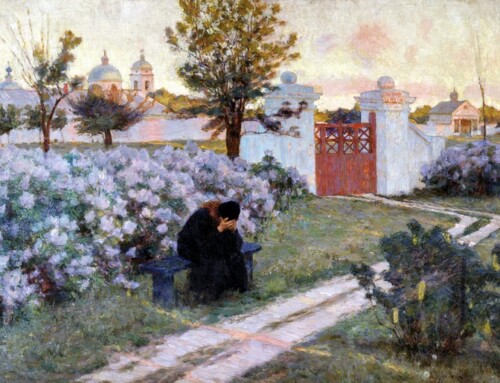
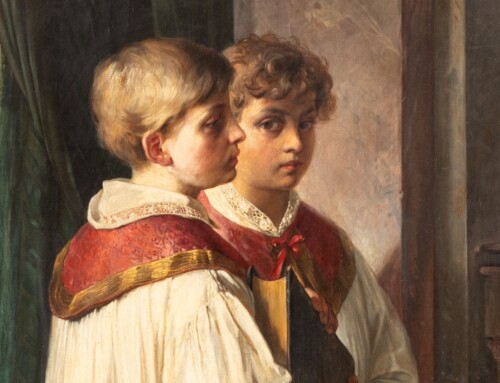
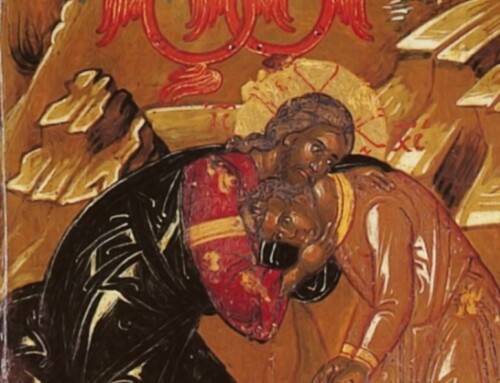
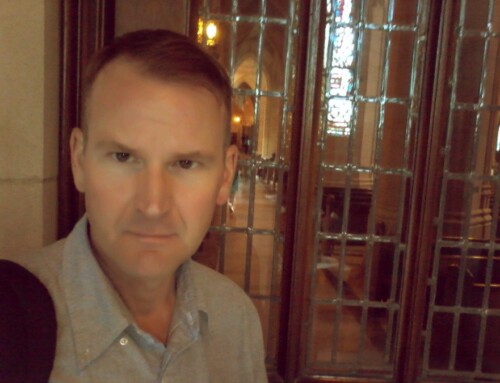
Very much on the money
I do find it interesting that a good portion of people dressed up as Glinda, the good and wise witch. The story has been compared to what is missing in a narcissist which is love, courage and wisdom which the Christian nurtures and grows from the inside with the help of the Holy Spirit. Even Glinda couldn't give those qualities to Dorothy because they were already present in her. She had to realize this fact following the road to Christ. The Wizard isn't a Christ figure but the helpless victim of the narcissist. The victim is seen by the narcissist as one who can fix them but ends up abused when he/she can't. This story has more layers and more representatives of narcissists, their enablers, well meaning folks, etc. “Home” really means fulfillment in Christ which some do not want to accept.
This comment has been removed by the author.